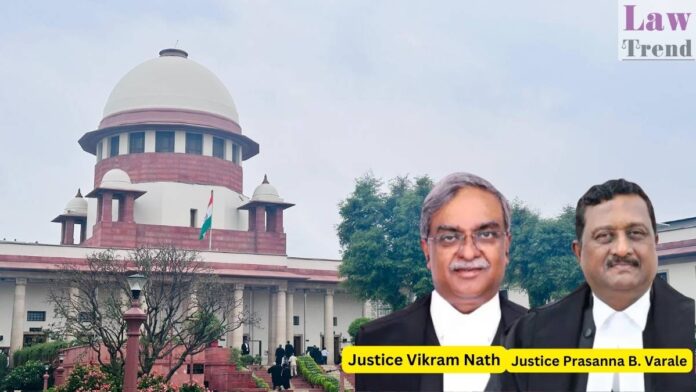In a significant ruling, the Supreme Court has held that the Limitation Act applies in its entirety to proceedings under the Public Premises (Eviction of Unauthorised Occupants) Act, 1971 (PP Act). The Court delivered this judgment in New Mangalore Port Trust & Anr. v. Clifford D’Souza & Ors. (Civil Appeal Nos. 1796–1828 of 2024), clarifying
To Read More Please Subscribe to VIP Membership for Unlimited Access to All the Articles, Download Available Copies of Judgments/Order, Acess to Central/State Bare Acts, Advertisement Free Content, Access to More than 4000 Legal Drafts( Readymade Editable Formats of Suits, Petitions, Writs, Legal Notices, Divorce Petitions, 138 Notices, Bail Applications etc.) in Hindi and English.




